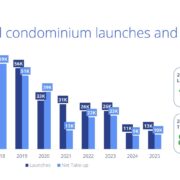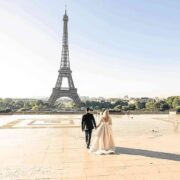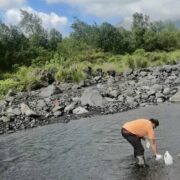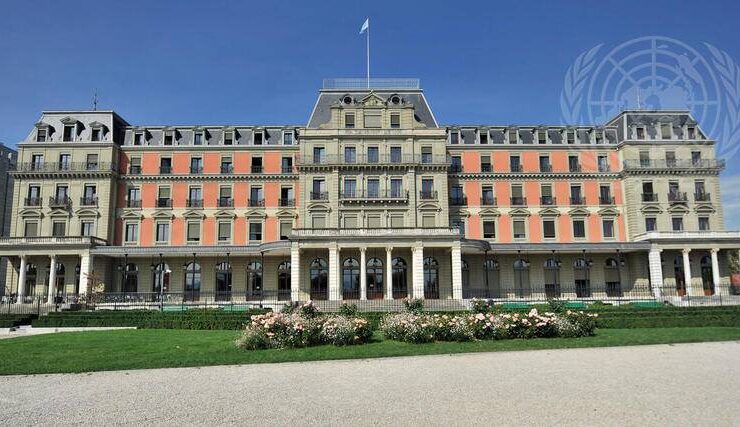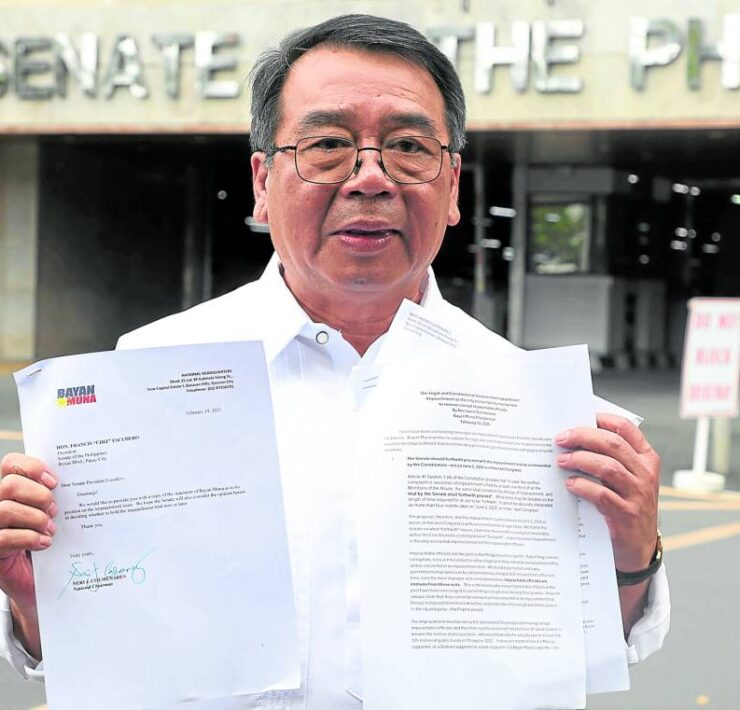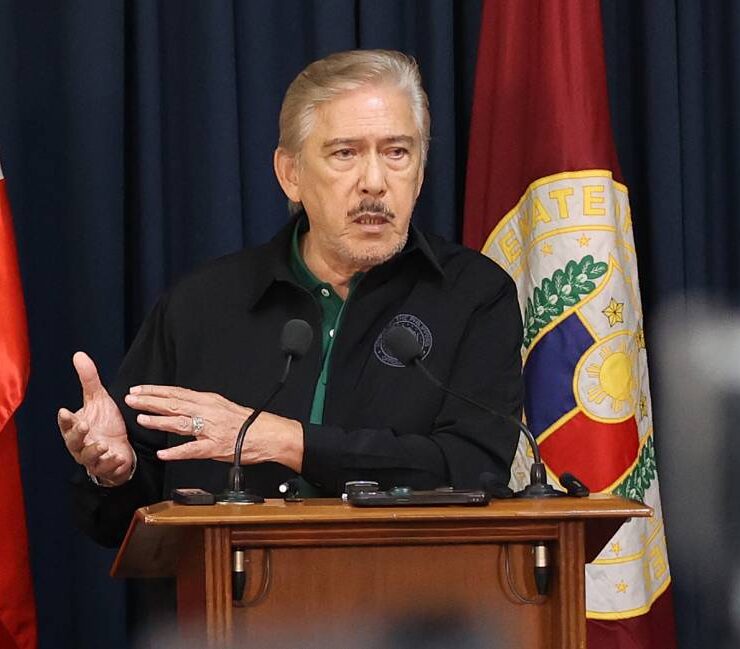Protesters warned: Burning of Sona effigies violates law
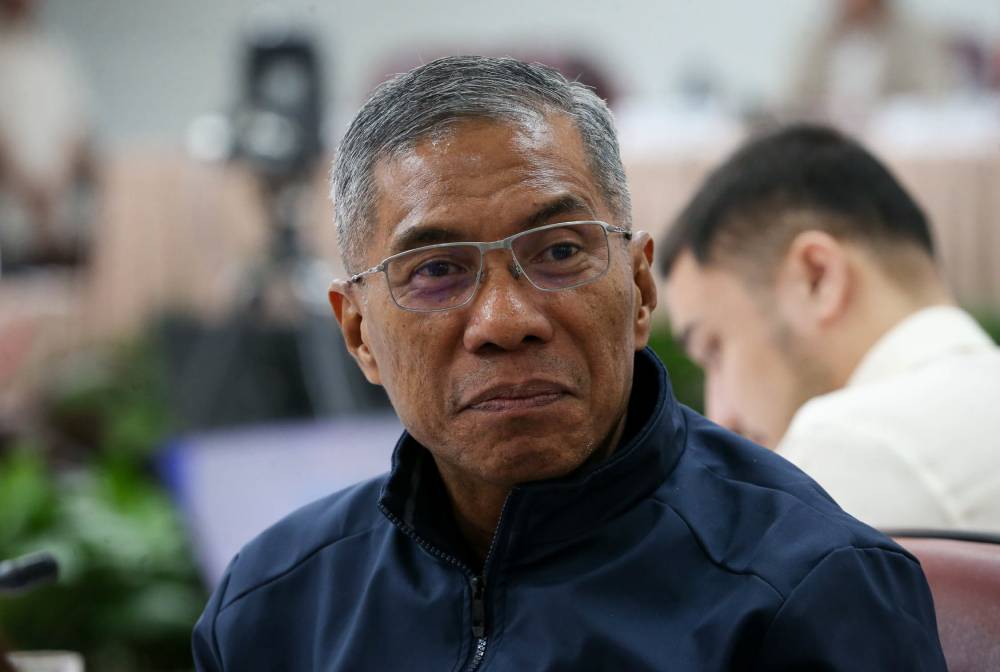
Philippine National Police chief Gen. Nicolas Torre III has discouraged protesters from pushing through with their usual practice of burning effigies during the fourth State of the Nation Address (Sona) of President Marcos on July 28, saying their actions would be against the law.
Torre did not specifically identify the law he was referring to, saying only that the burning of various materials, including tires, “violates the environmental law.”
“It’s their right to express their sentiments, [there is] freedom of expression, but there is also an environmental law. So we are balancing everything but at the end of the day, while there’s freedom of expression, people know that according to the environmental law, that is not allowed,” the PNP chief said.
Permit needed
According to Torre, the protesters need to ask for a permit from the local government unit or the appropriate agency at the Department of Environment and Natural Resources if they will be burning something on the road because “under normal circumstances, they can be arrested.”
Last year, protesters who burned an effigy of Mr. Marcos called “Doble Kara (Two-faced)” were slapped with a complaint by the police who said they violated two environmental laws—Republic Act No. 9003, or the Ecological Solid Waste Management Act of 2000, and RA 8749, or the Philippine Clean Air Act of 1999.
Among those charged was Maximo Santiago, the resident artist of the militant group Bagong Alyansang Makabayan who did the effigy. The complaint against him, however, was dismissed by a Quezon City prosecutor who questioned if an effigy could be considered solid waste and whether its burning was an act of incineration.
RA 9003 prohibits the burning of solid waste, “defined as all discarded household, commercial waste, non-hazardous institutional and industrial waste, street sweepings, construction debris, agricultural waste, and other non-hazardous/non-toxic waste.”
At the time, Bicol Saro party list Rep. Terry Ridon, a public policy lawyer, also said that what the law prohibits is the “open burning of solid waste,” and that under any circumstance, “works of art such as effigies cannot be considered solid waste.”



